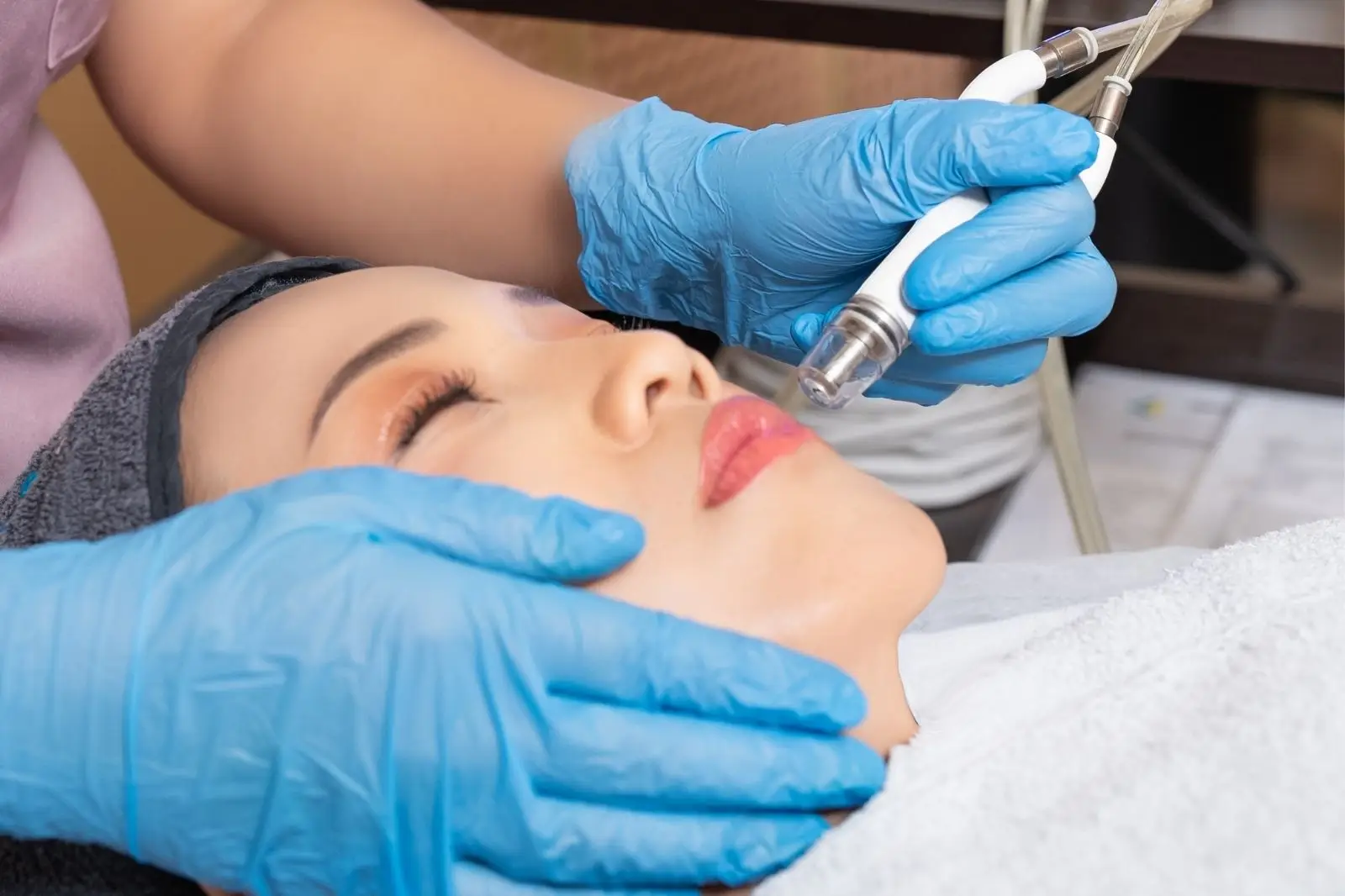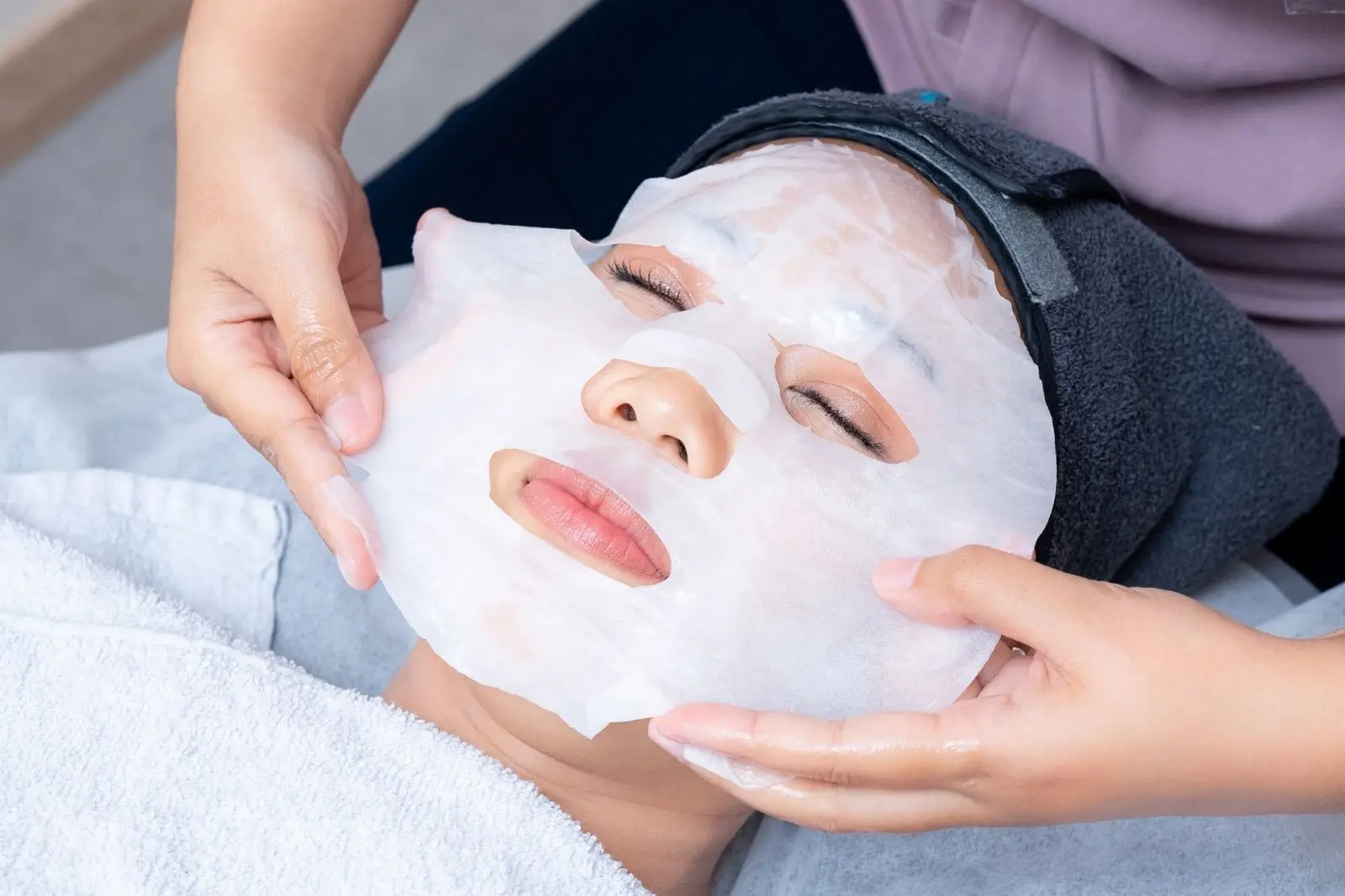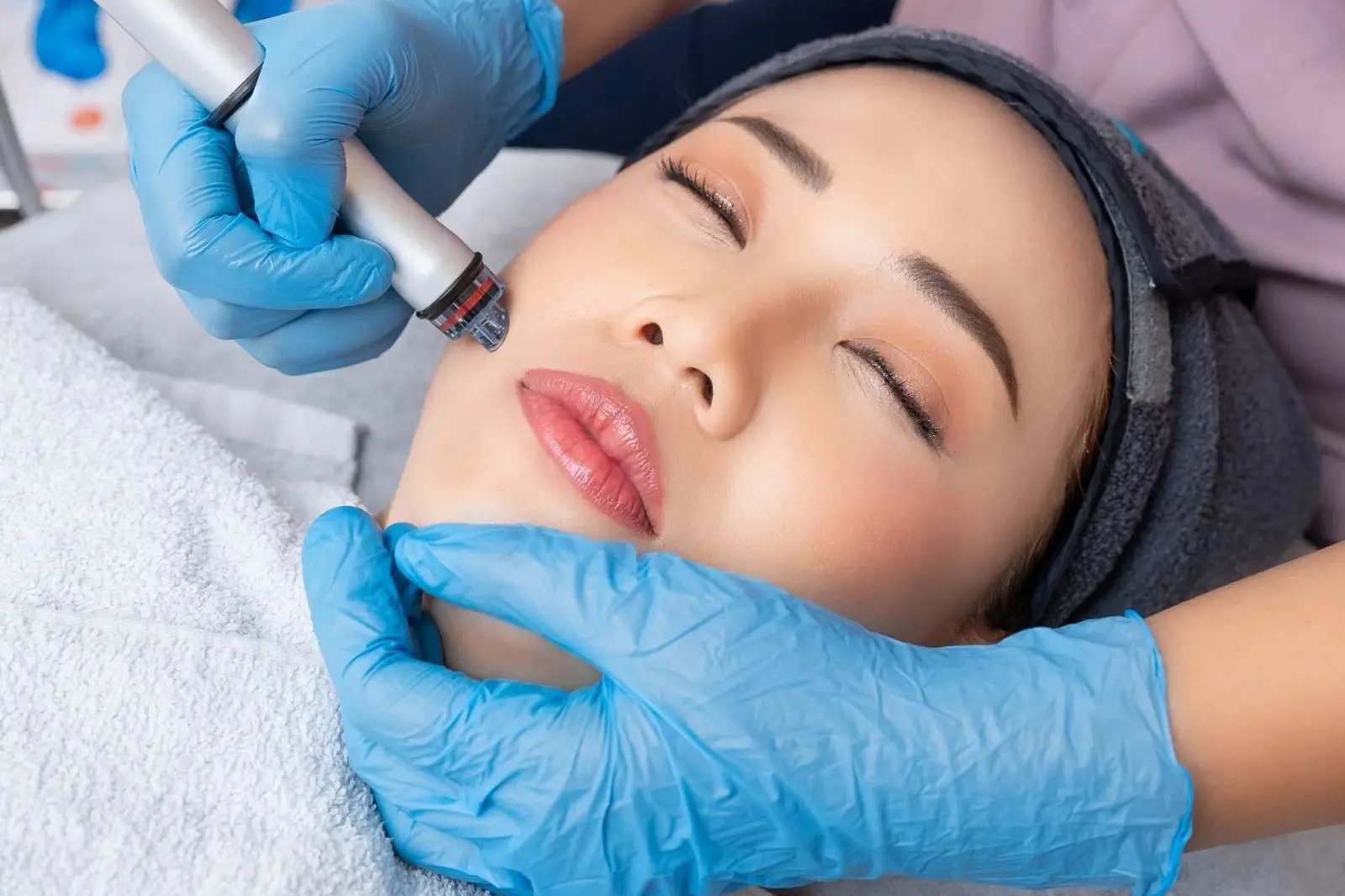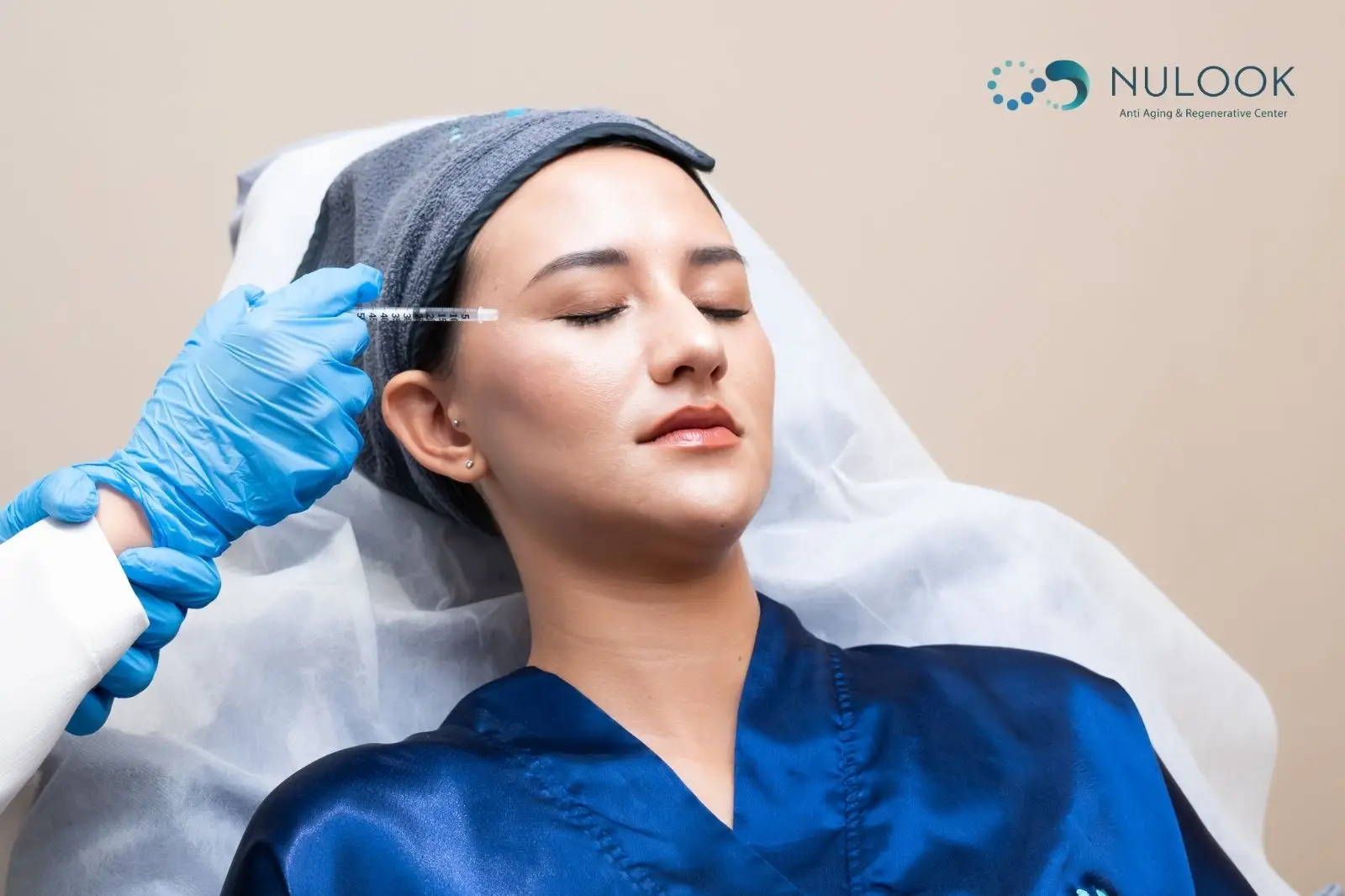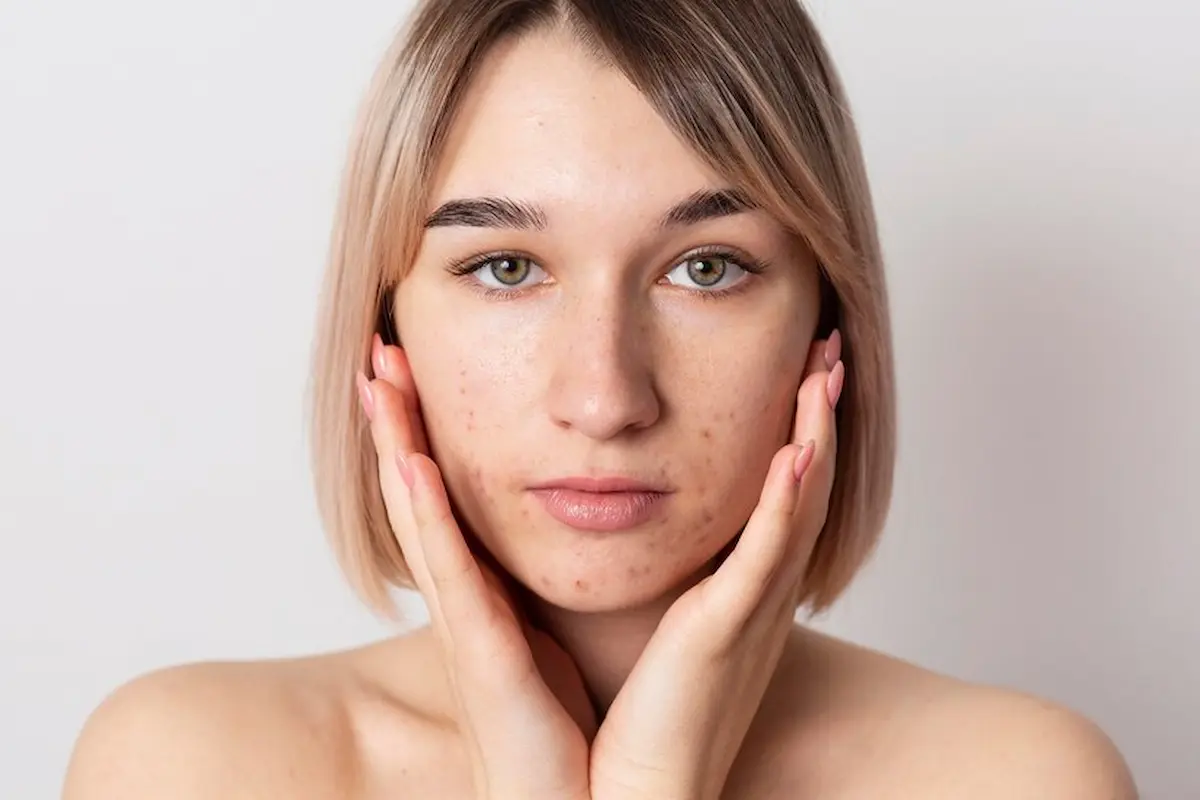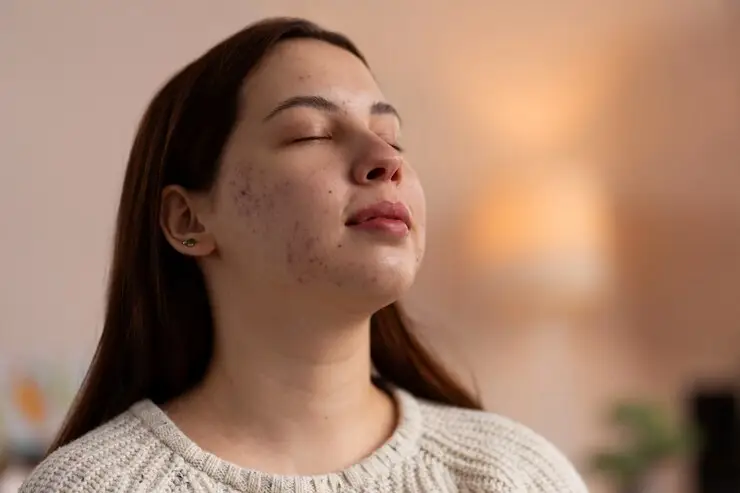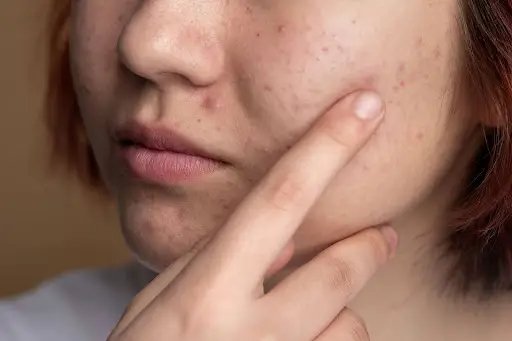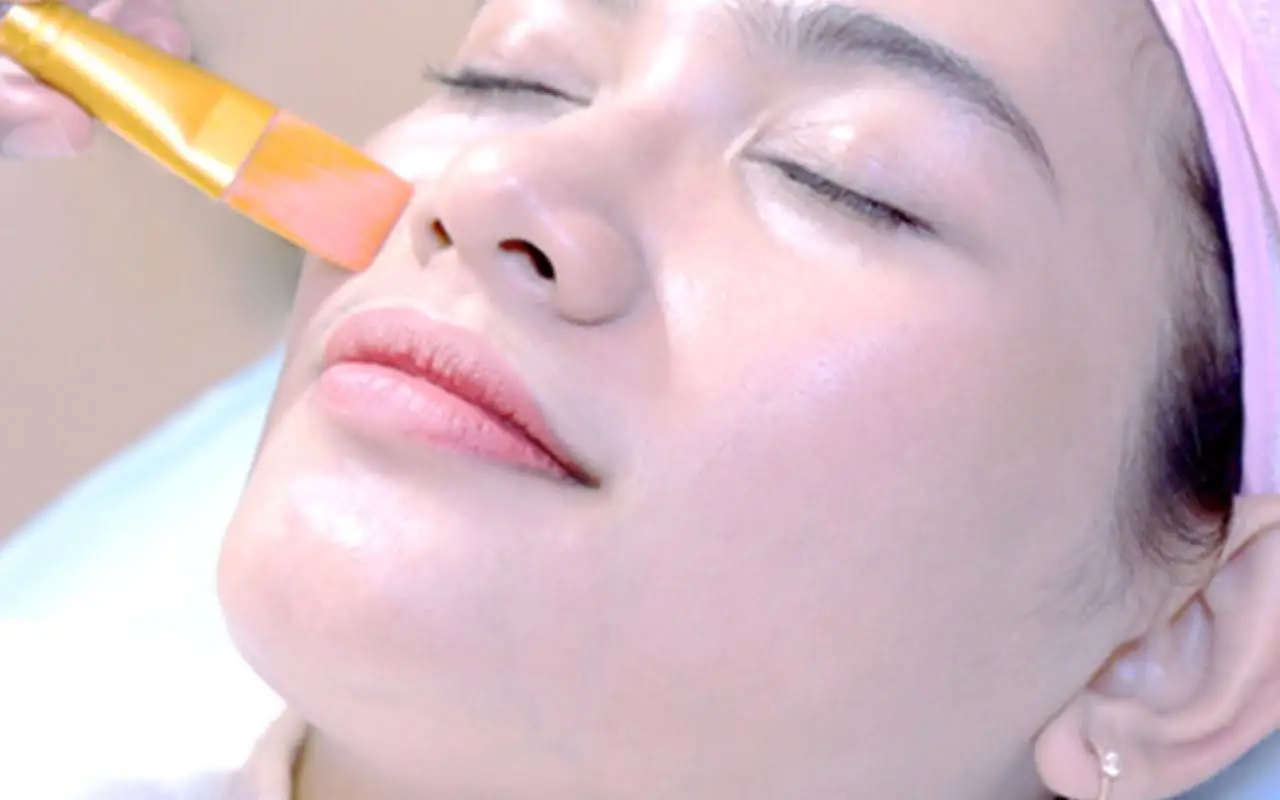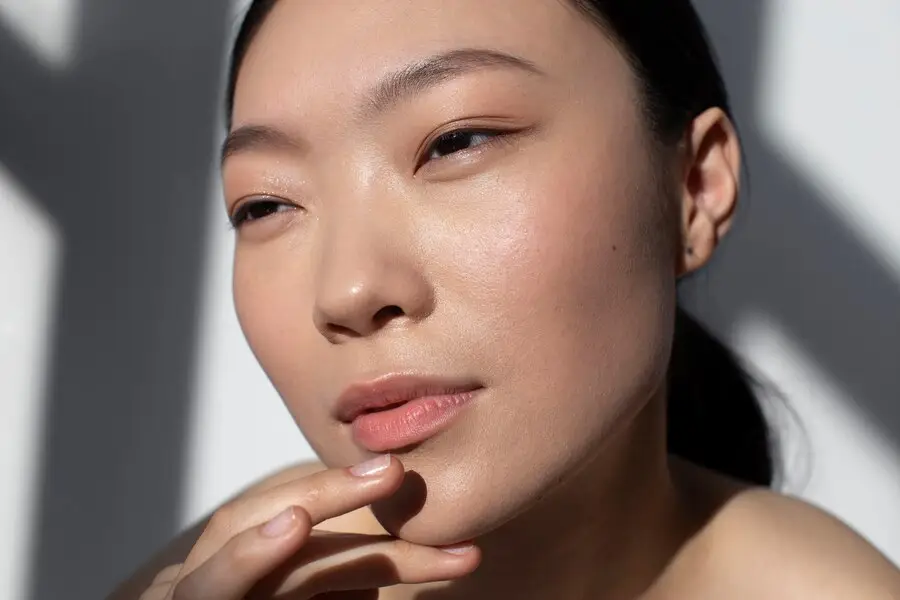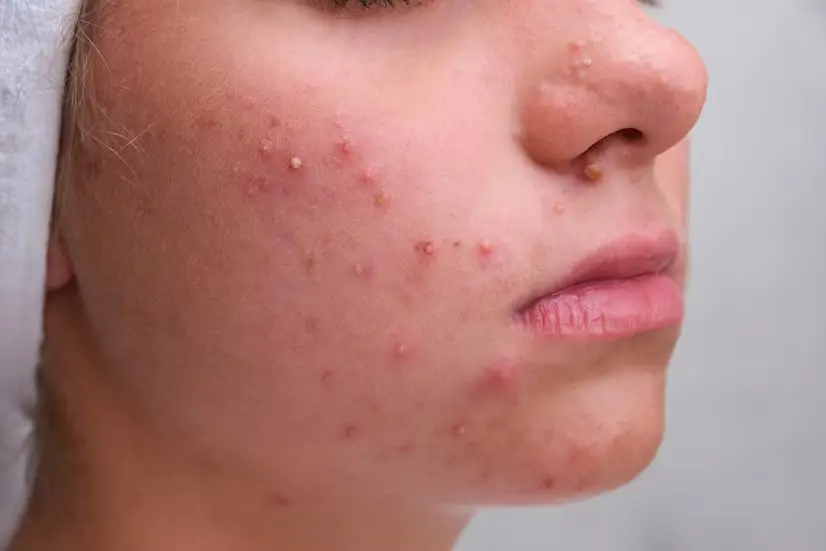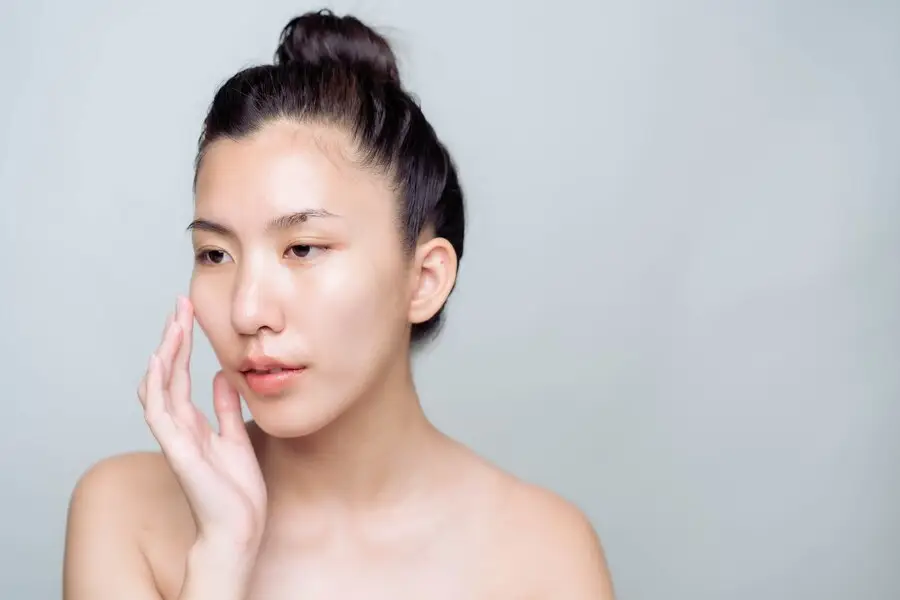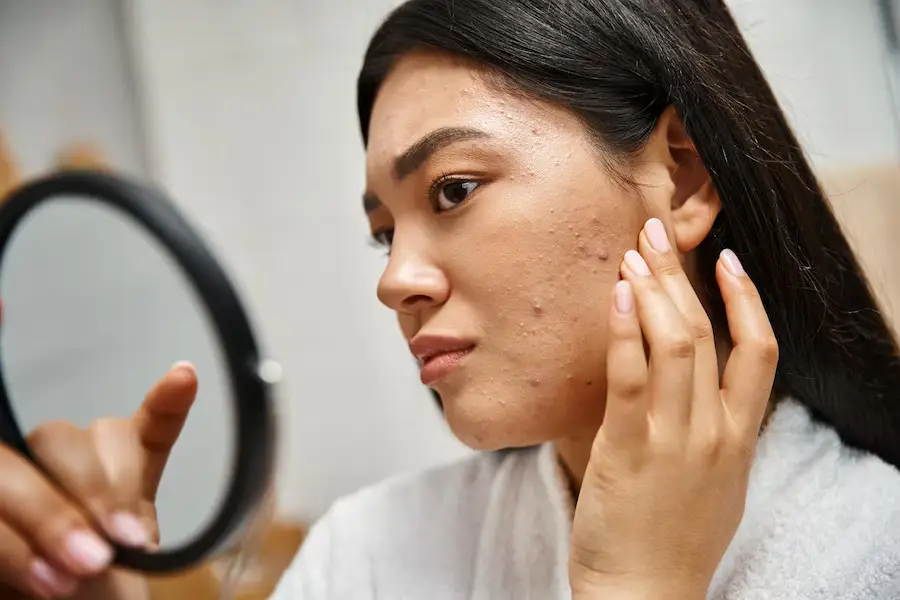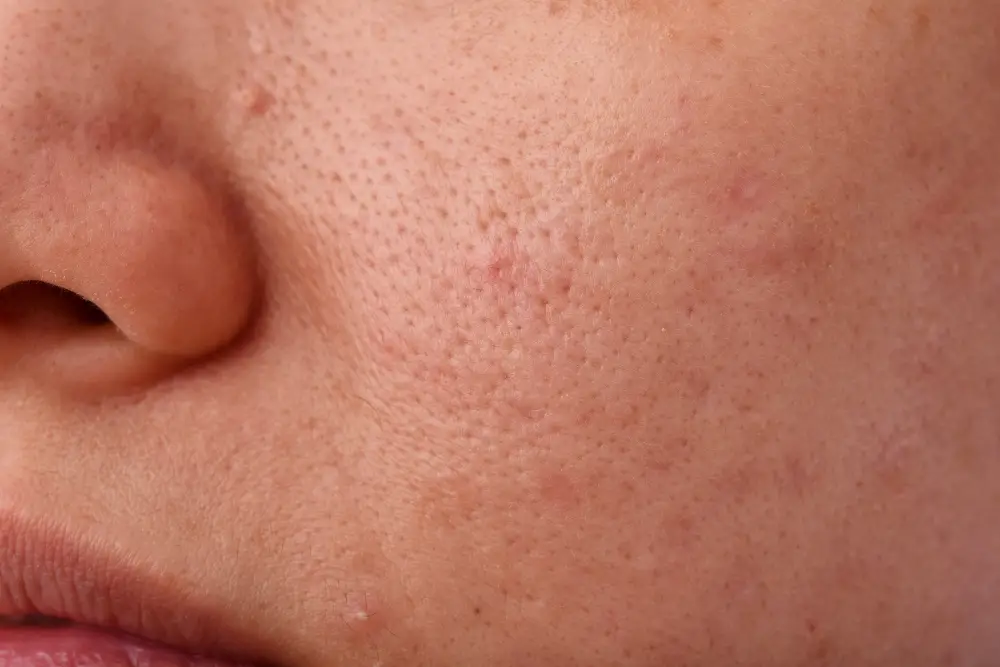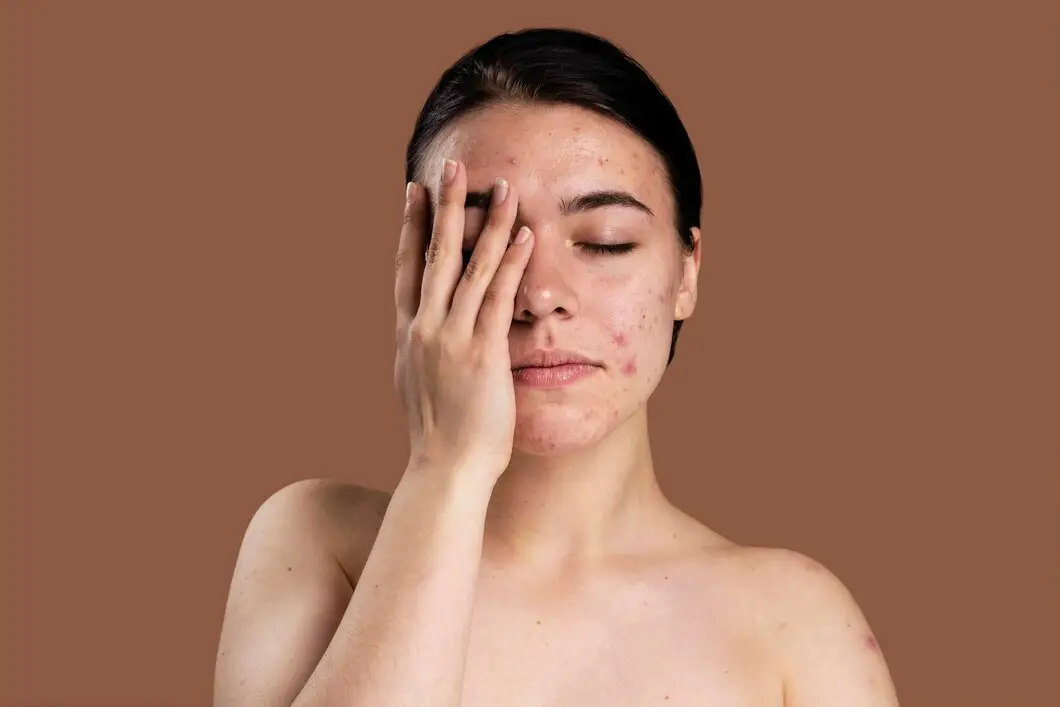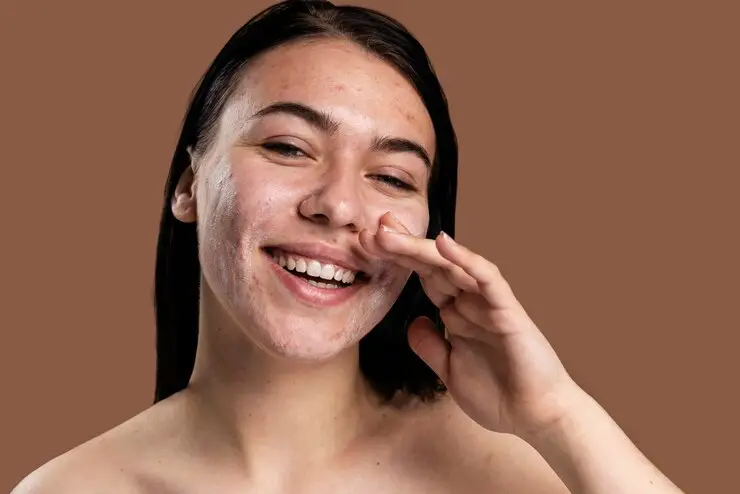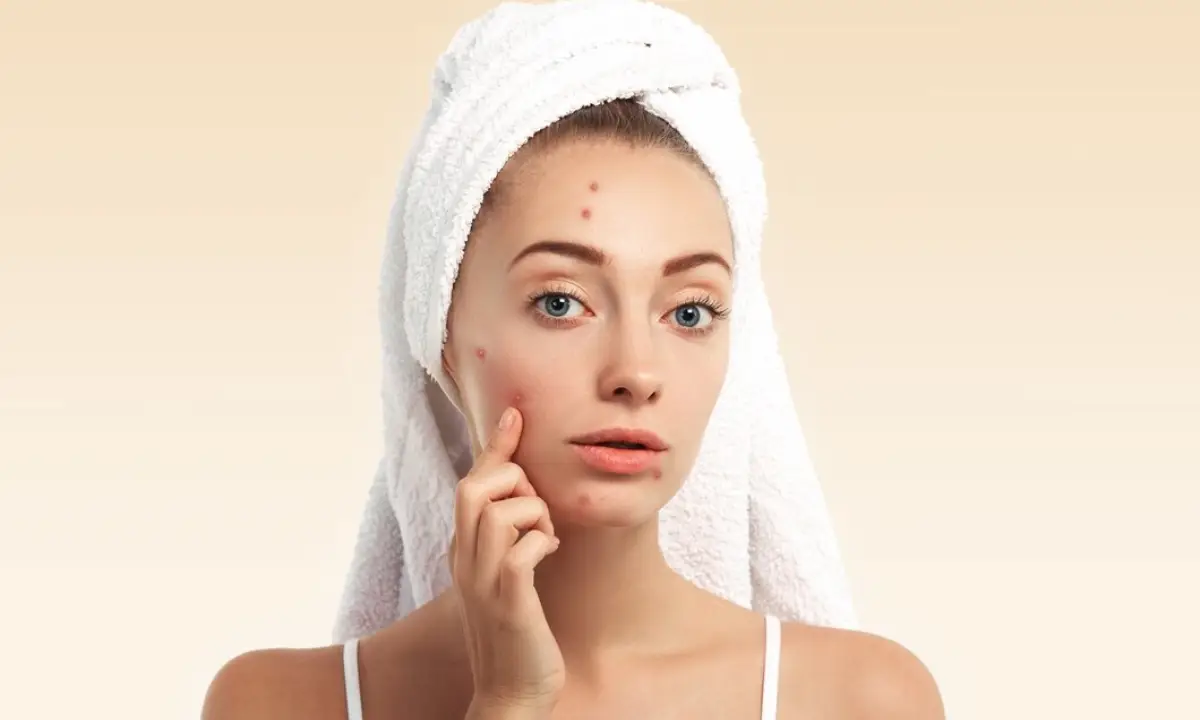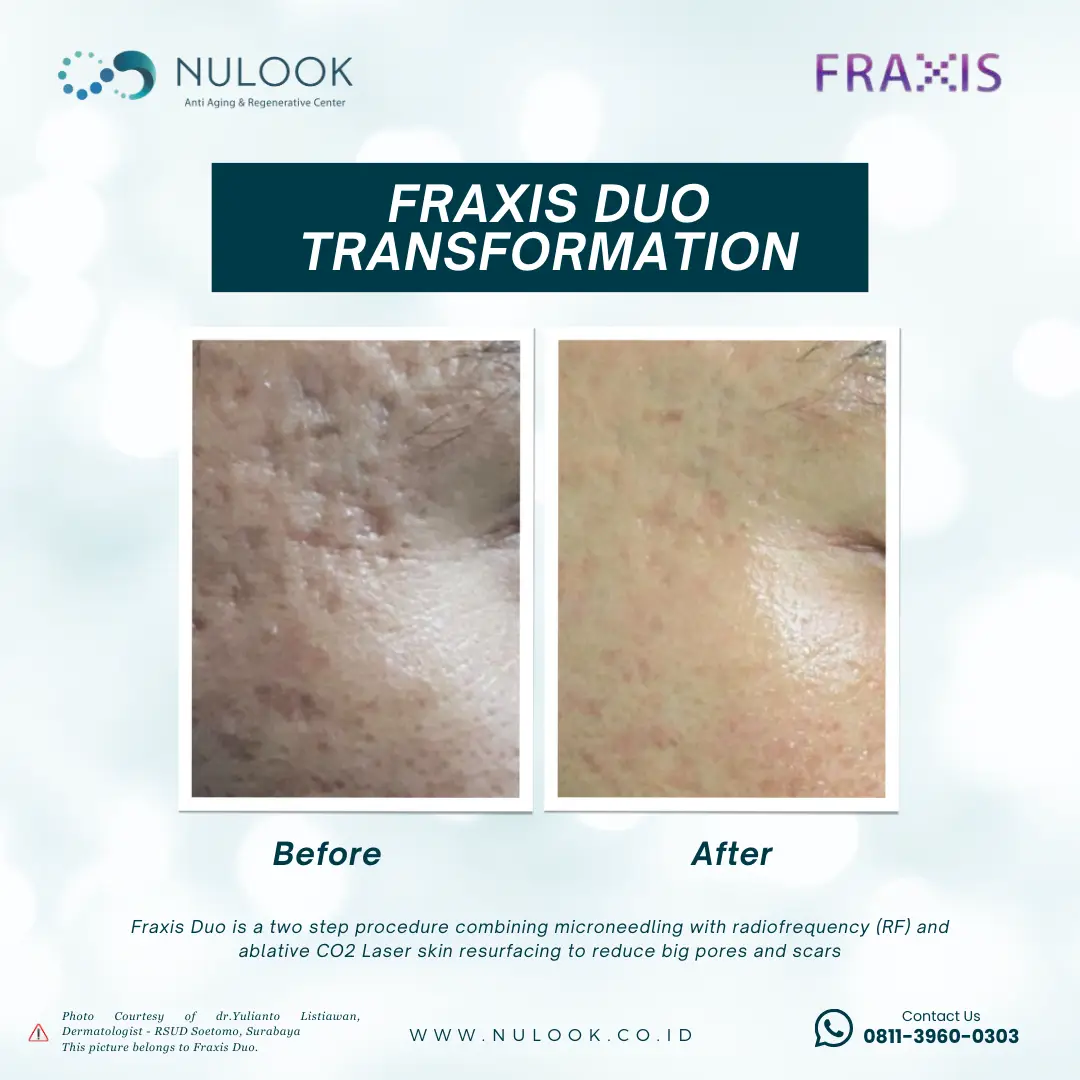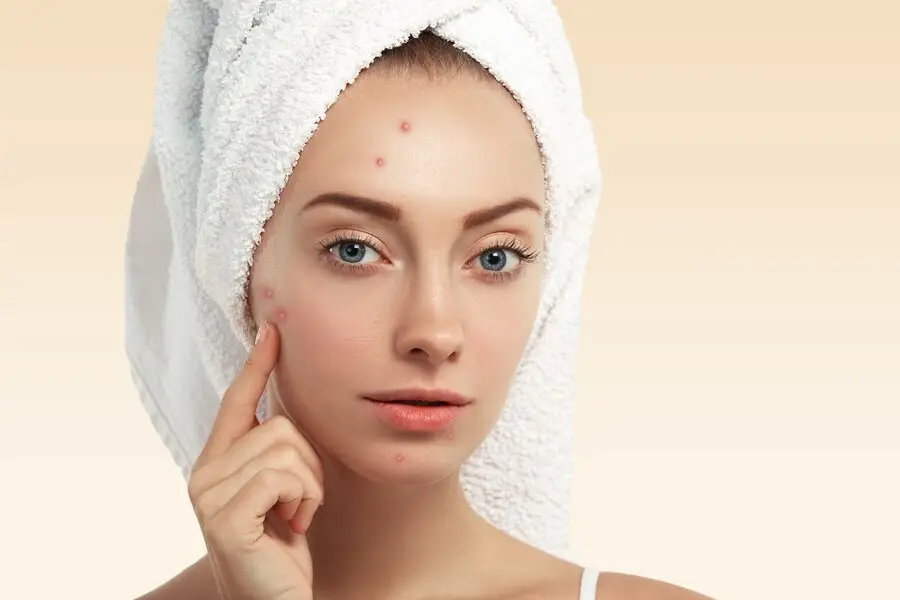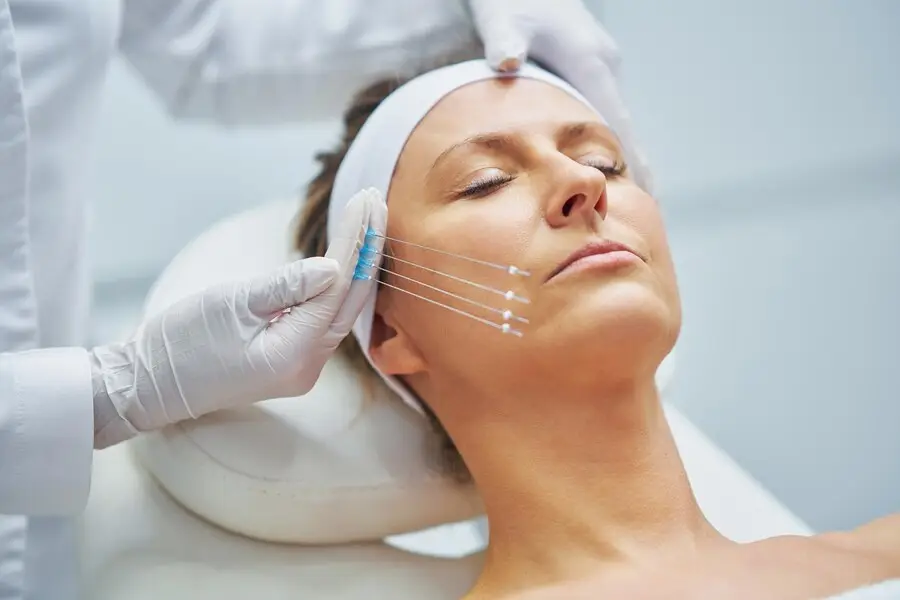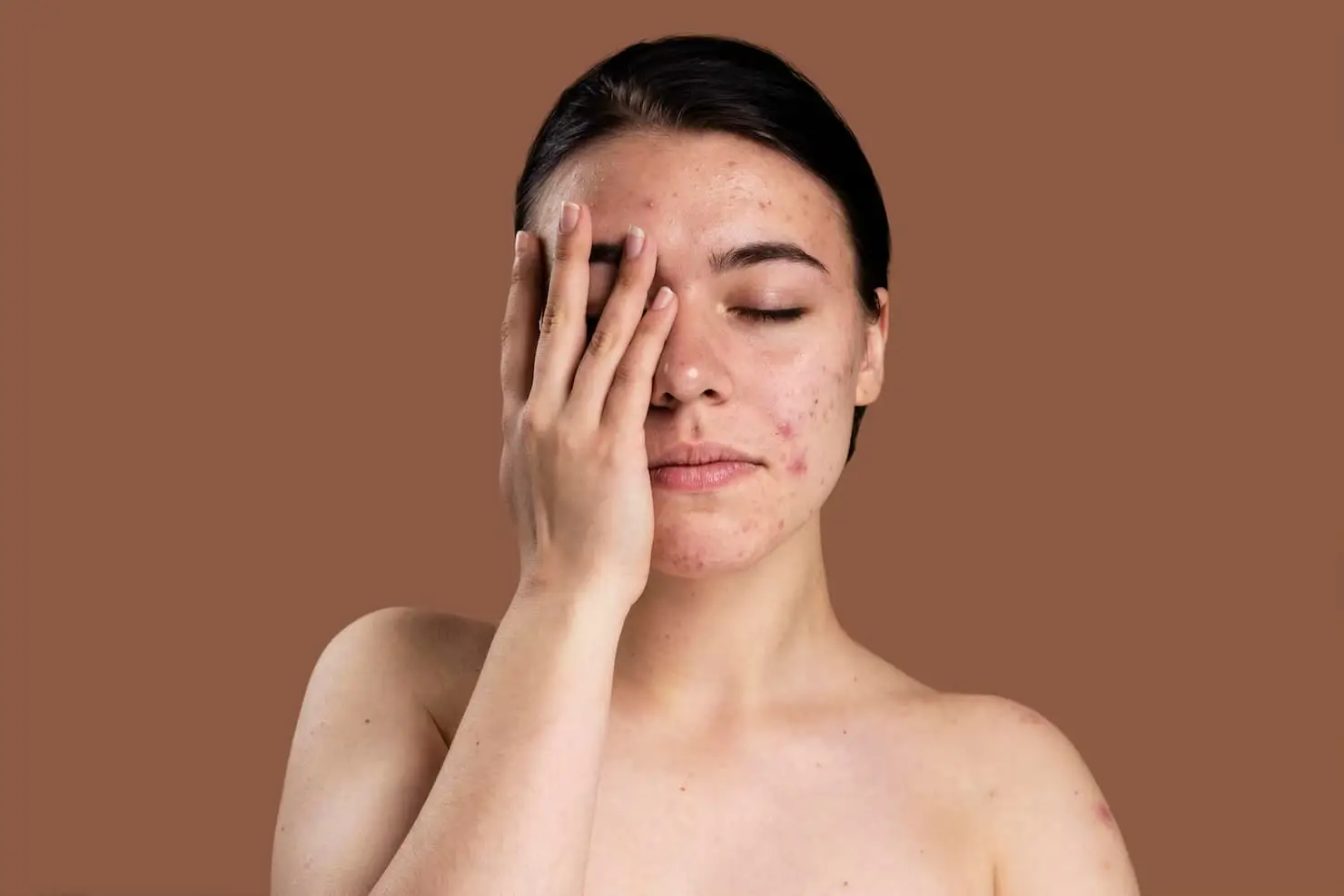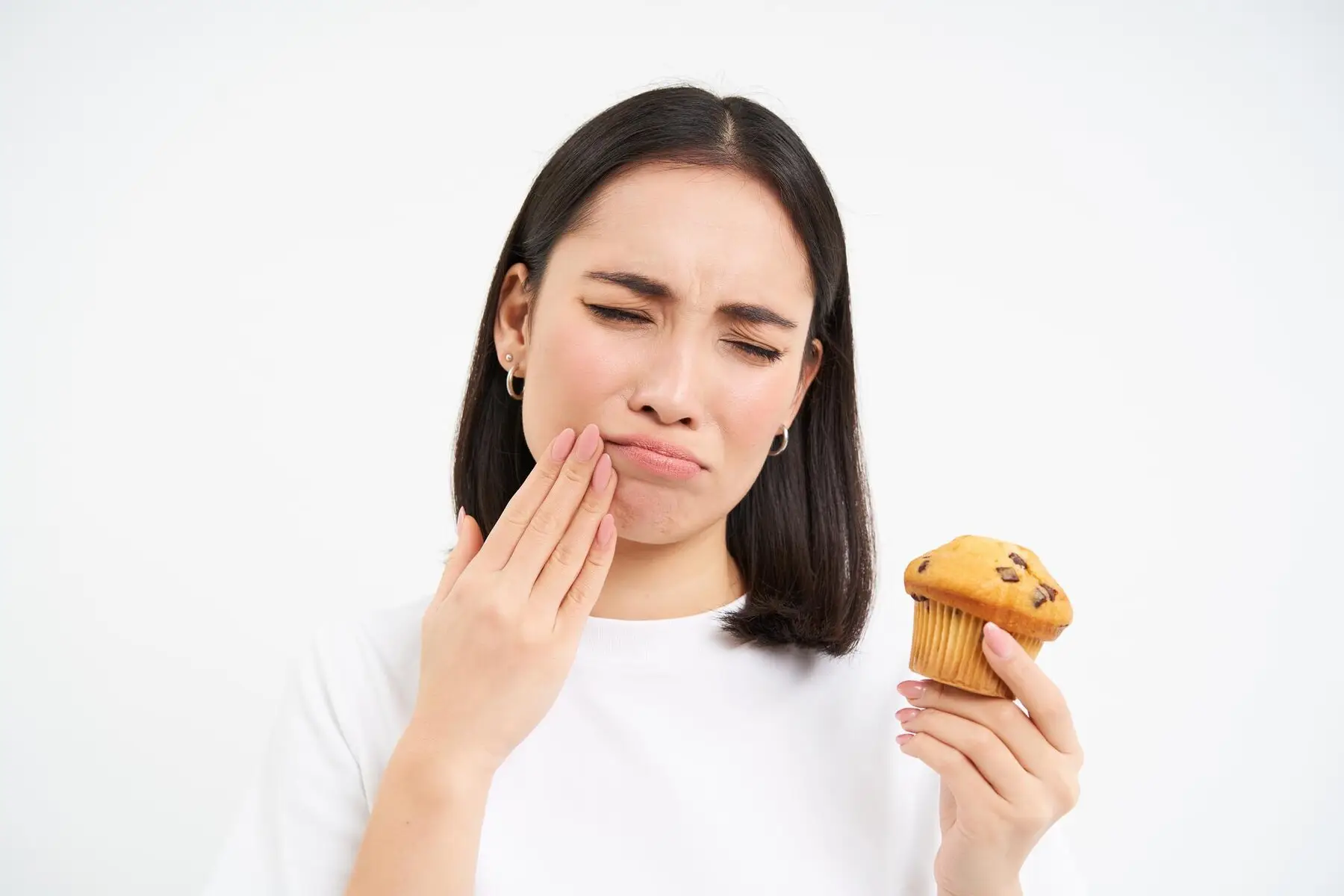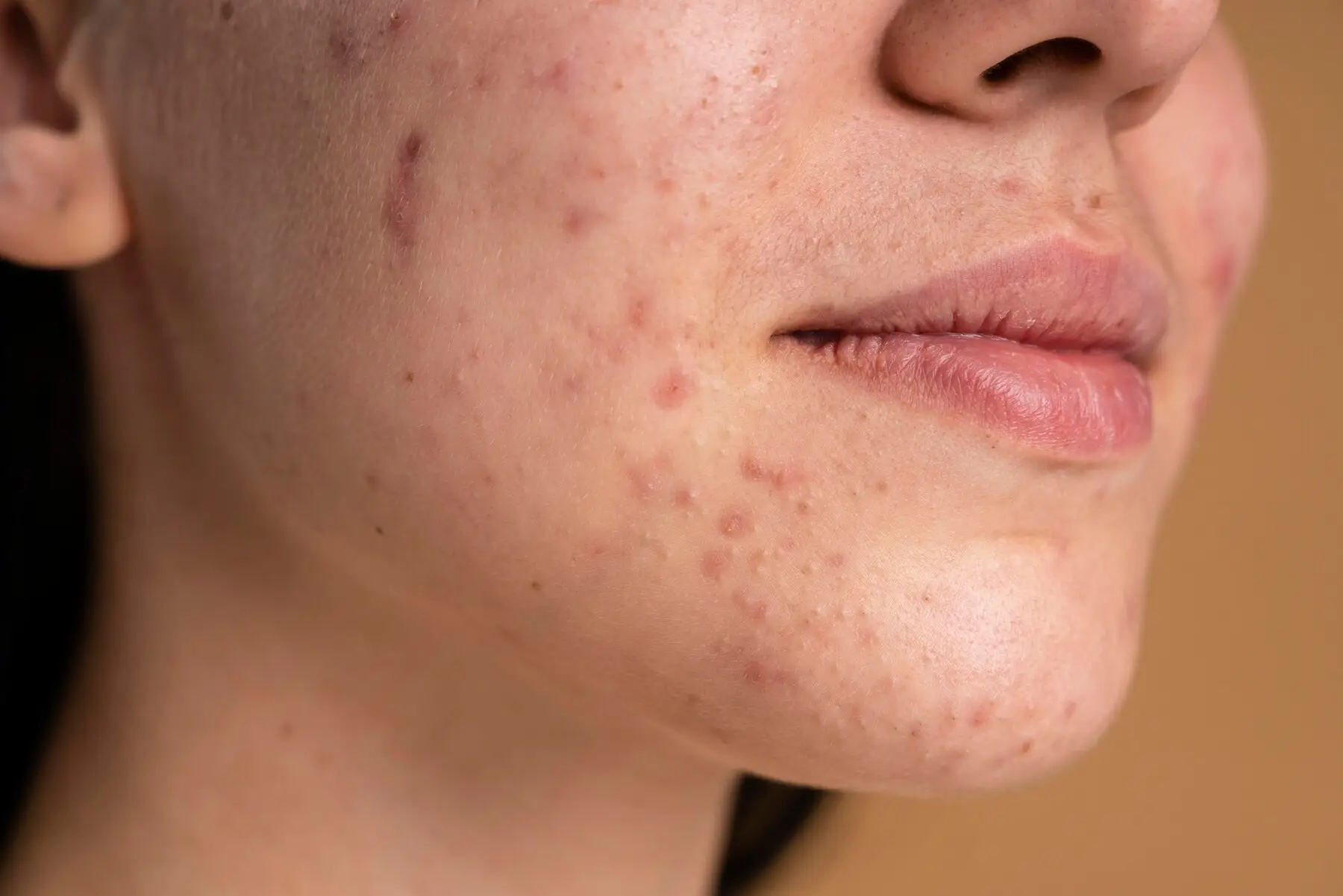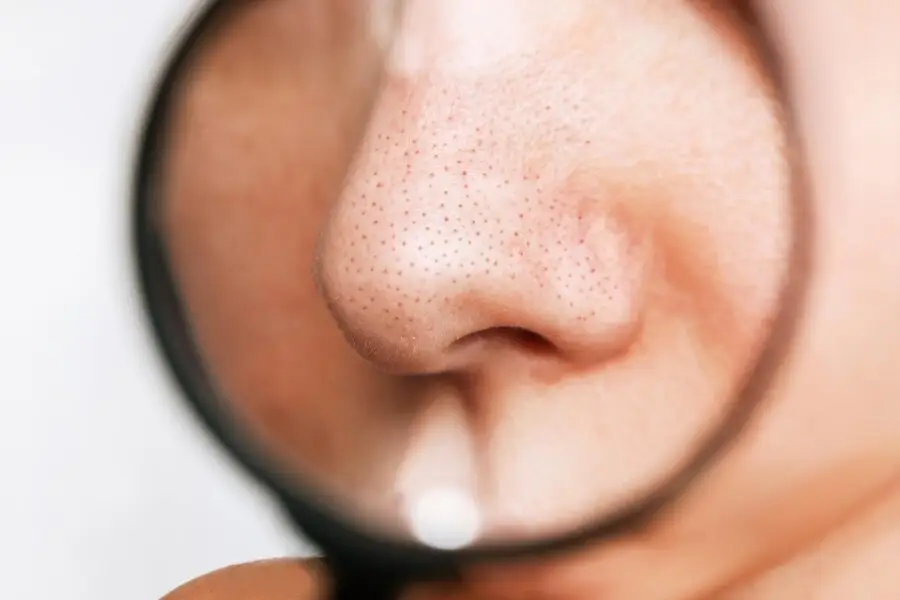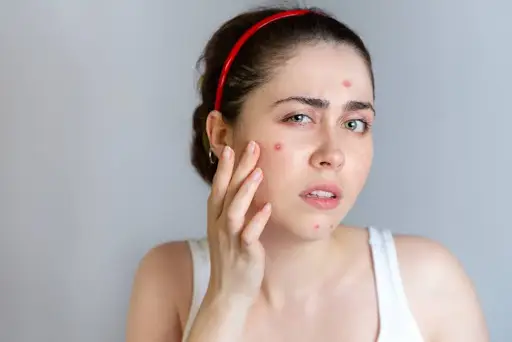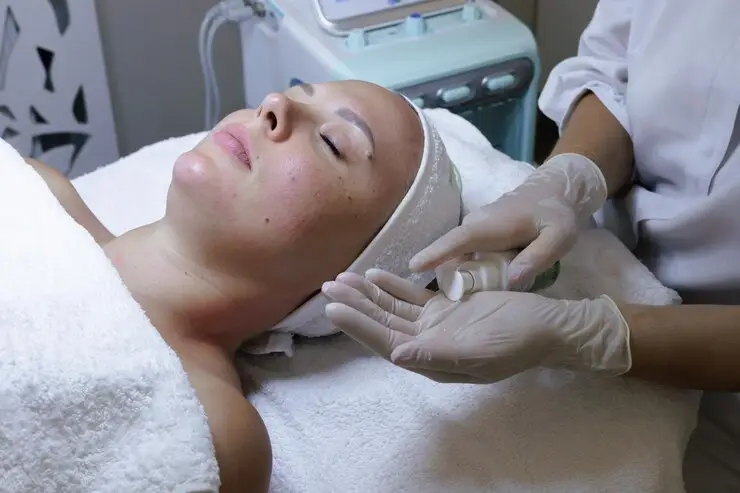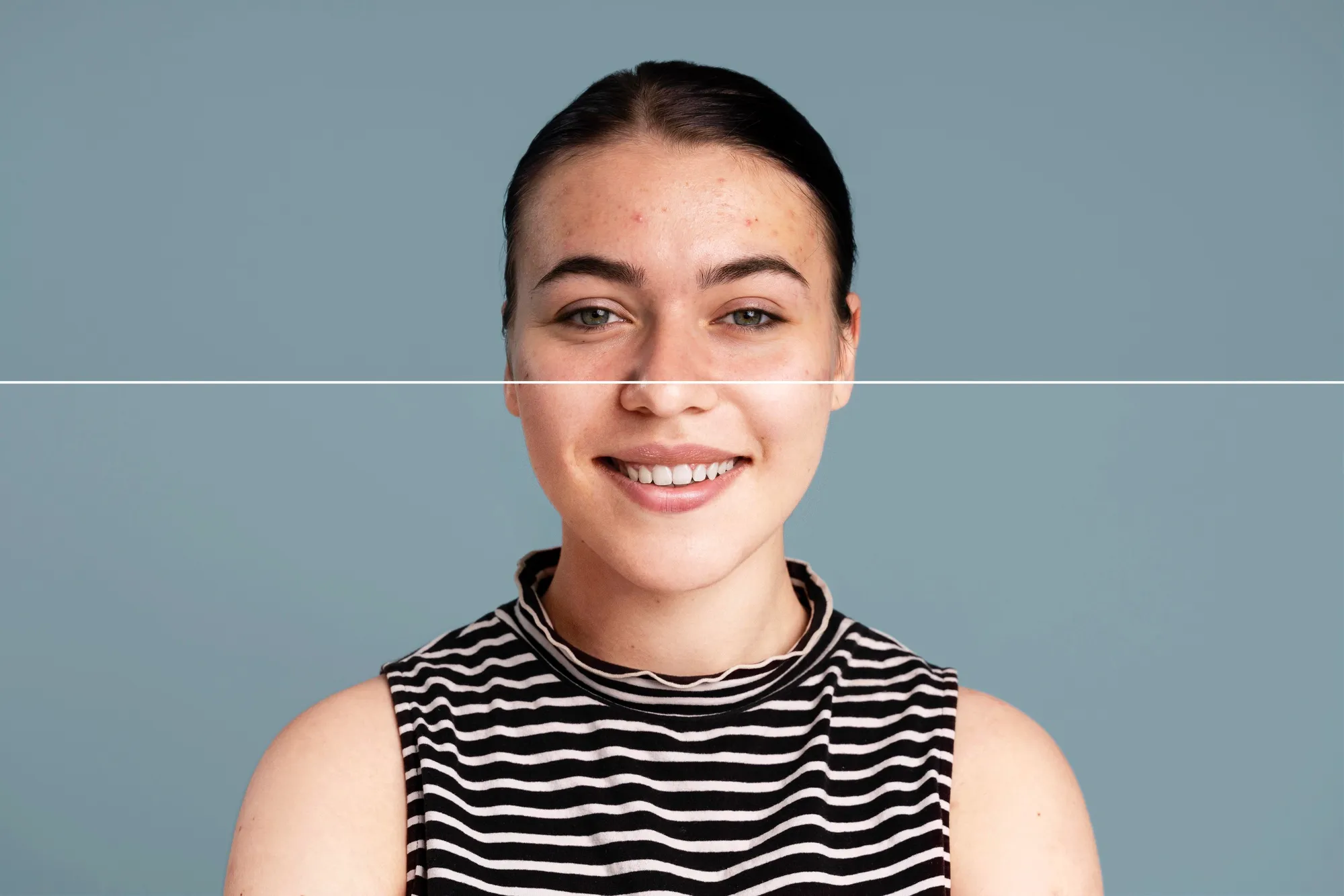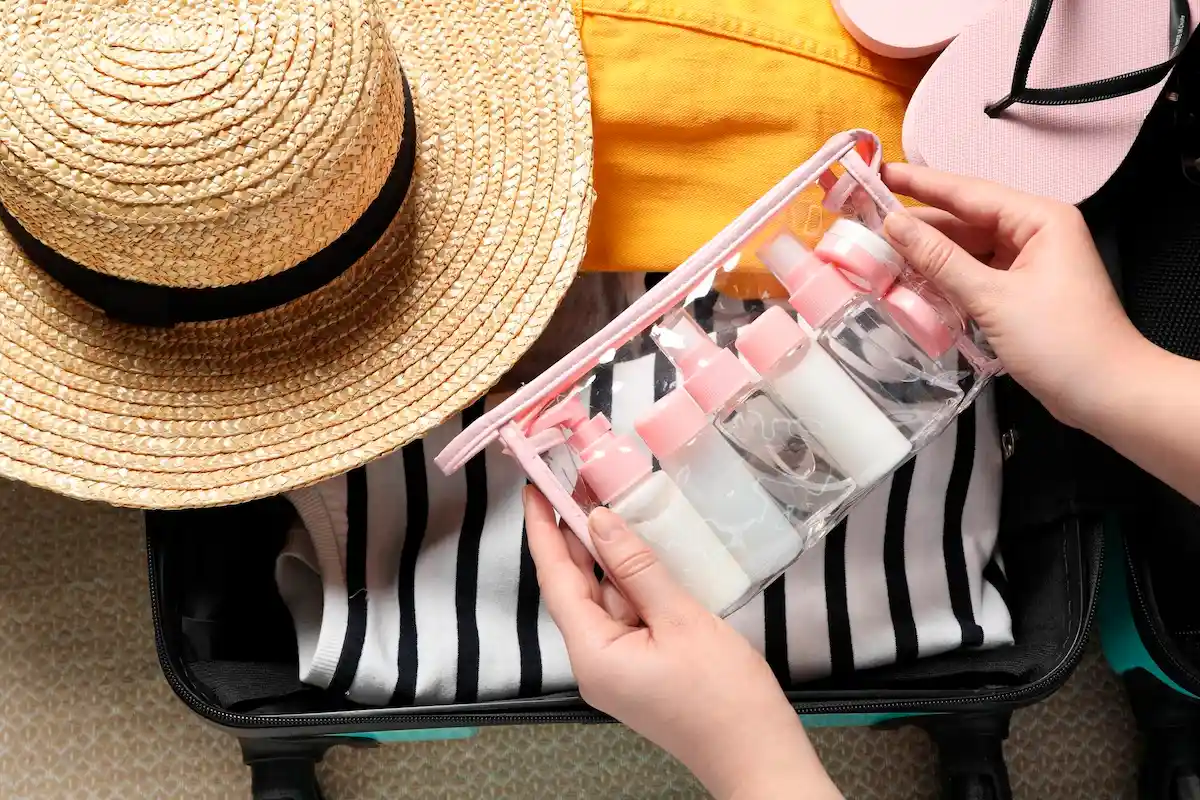Acne Facial Bali
Author: Nulook Expertise22/03/2024Experience Clear Skin with Oily Skin Facial Bali
The Nu Crystal Clear Facial Treatment is a Korean acne facial designed to deeply cleanse, exfoliate, and rejuvenate the skin for a clearer and healthier complexion.
Ideal for those with acne-prone or oily skin types, this advanced facial therapy combines innovative techniques and premium products to remove impurities, control excess oil, and restore natural radiance while promoting long-term skin balance.
How Acne Facial Treatment Works?
The Nu Crystal Clear Facial Treatment begins with a thorough skin analysis to determine your specific skin type and concerns. Based on this assessment, a customized plan is created to control excess oil, improve skin tone, and maintain the skin's natural moisture balance. The treatment for oily skin includes the following steps:
1. Cleansing
The skin is cleansed using a gentle face wash and professional cleanser to remove dirt, excess oil, and residue from sweating or makeup. Proper washing helps reduce irritation and prepares pores for deeper treatment.
2. Exfoliation
A controlled exfoliation using active-based serum helps remove dead skin cells and unclog pores. This step helps shrink pores, refine texture, and improve overall appearance without irritating the skin.
3. Extraction
Manual extraction removes blackheads and whiteheads that build up after excess oil production. This process supports clearer pores and helps prevent future breakouts when performed carefully.
4. Hydration
A soothing mask is applied to keep the facial skin properly skin hydrated, followed by an oil free moisturizer to restore balance and support moisturizing without clogging pores.
5. Protection
The treatment concludes with broad spectrum sunscreen to protect against UV damage and reduce long term risks such as premature aging and skin cancer. Using oil free and non comedogenic products daily helps maintain a healthy, glowing complexion.
The Benefits Acne Facial Treatment
The acne facial treatment offers a targeted approach to improving skin health, especially for those dealing with acne and oil-related concerns. Unlike traditional facials, this treatment focuses on deep cleansing facial steps and advanced techniques designed to support clearer, healthier-looking skin through a consistent skincare routine.
1. Solution for Acne and Oily Skin
Managing acne and oil imbalance can be challenging, particularly with excessive oil production and clogged pores. The Nu Crystal Clear Facial Treatment works by deeply cleanses the skin, helping control oil production, absorb excess oil, and reduce acne breakouts caused by oil buildup and acne-causing bacteria. This makes it suitable for ongoing managing oily skin and preventing recurring issues.
2. Removal of Dead Skin and Blackheads
Dead skin cells and blackheads often worsen oily skin issues and enlarged pores. Through gentle deep cleansing and exfoliation, this treatment helps remove buildup and impurities, supporting exfoliating oily skin without disrupting the skin barrier, resulting in smoother and healthier-looking skin.
3. Balancing Skin Turnover Cycle
A balanced renewal process is key to maintaining clear skin. By supporting natural exfoliation and balanced skin, the Nu Crystal Clear Facial Treatment helps regulate cell turnover, minimize congestion, and reduce the risk of persistent acne, making it easier to maintain a consistent skincare routine.
4. Brightening Effect
As impurities and excess oil are removed, the skin appears clearer and more refined. Regular professional facials like this treatment promote a brighter, more even tone, helping the skin look fresher, less dull, and naturally glowing without a shiny complexion.
Who is a Good Candidate for Acne Facial Treatment?
If you struggle with frequent breakouts or oily skin, the Acne Facial Treatment could be ideal for you. This treatment helps control excess oil, clear clogged pores, and improve overall skin clarity. Here’s who benefits most from it:
1. Individuals with Acne-Prone Skin
People dealing with blackheads, whiteheads, or mild to moderate acne can benefit from regular acne facial sessions that deeply cleanse and purify the skin.
2. Those with Excess Oil Production
If your skin often feels greasy, this treatment helps regulate sebum production and reduce shine without stripping away essential moisture.
3. People with Congested Pores
The treatment effectively removes buildup and dead skin cells, preventing clogged pores that lead to breakouts.
4. Individuals with Post-Acne Marks
Those who want to fade acne scars and even out their complexion will notice gradual improvement with consistent sessions.
5. Anyone Seeking Preventive Skincare
Even if you don’t have active acne, this facial can help maintain healthy skin, balance oil levels, and prevent future breakouts.
Safety and Side Effects
The Acne Facial Treatment is generally safe when performed by a trained professional. However, like any skincare procedure, it may cause mild and temporary reactions. Here’s what you should know:
1. Mild Redness
Some redness may occur right after treatment, but it usually subsides within a few hours as the skin calms down.
2. Slight Sensitivity
Your skin might feel more sensitive to touch or skincare products immediately after the session. Using gentle, non-irritating products is recommended.
3. Temporary Breakouts
In some cases, impurities deep within the pores may surface after the facial, causing minor breakouts that typically clear up quickly.
4. Sun Sensitivity
After exfoliation or extraction, the skin becomes more sensitive to UV rays. Always apply sunscreen to protect against sun damage.
5. Professional Guidance
If you have severe acne, open wounds, or skin allergies, it’s best to consult a dermatologist before undergoing treatment to ensure it’s suitable for your skin condition.
Disclaimer
- Treatment results may vary for each individual, depending on skin condition, medical history, lifestyle, and various other factors.
- All “before & after” photos shown are illustrative examples and do not guarantee identical results for every patient.
- The information provided on this website is intended for general educational purposes only and should not be considered a substitute for professional medical consultation. Please consult directly with a licensed doctor or medical professional at our clinic for an accurate diagnosis and personalized treatment recommendations.
 Experience the authetentic Korean Facial
Experience the authetentic Korean Facial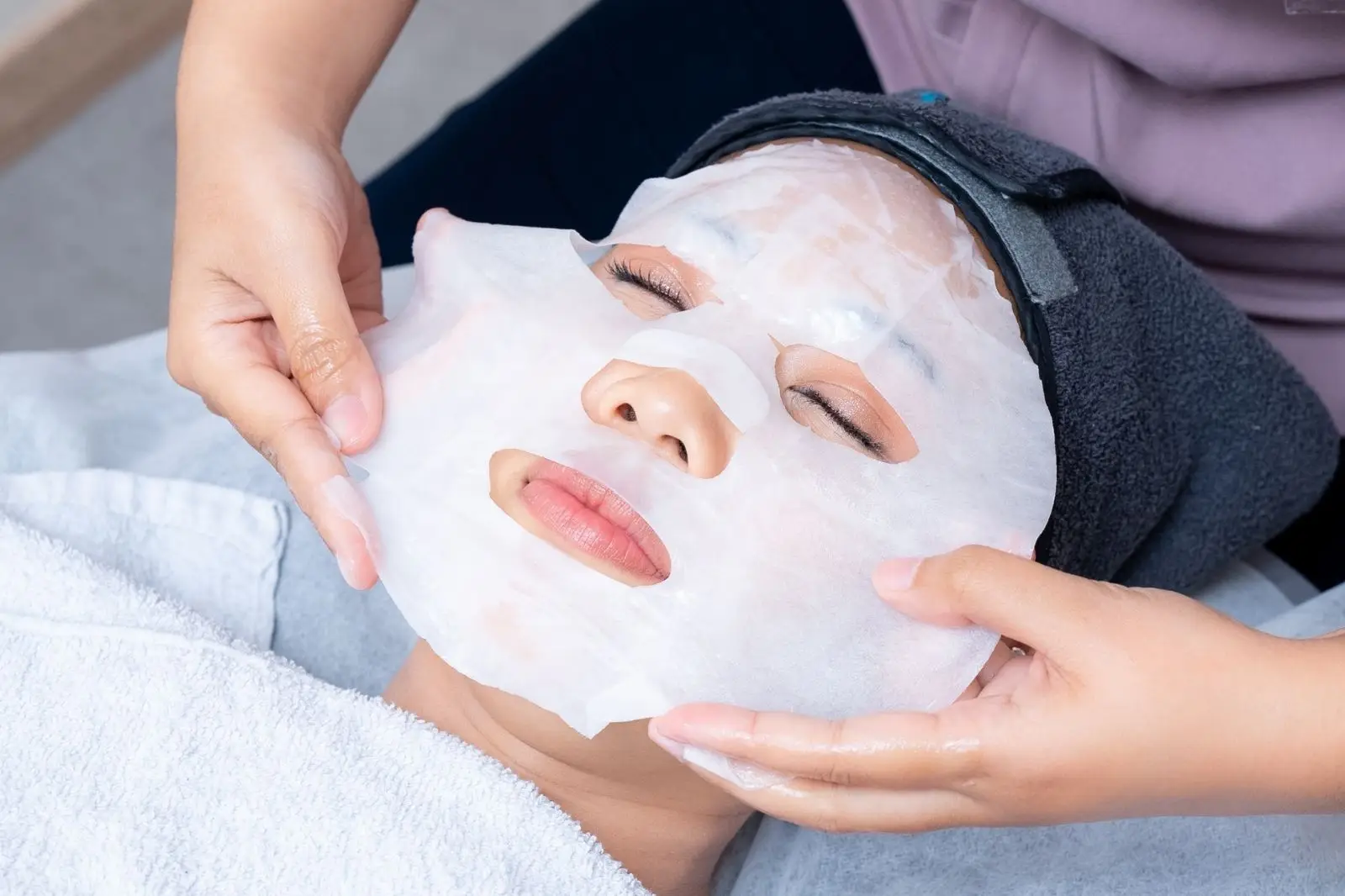 Inspired by K-Beauty Technology
Inspired by K-Beauty Technology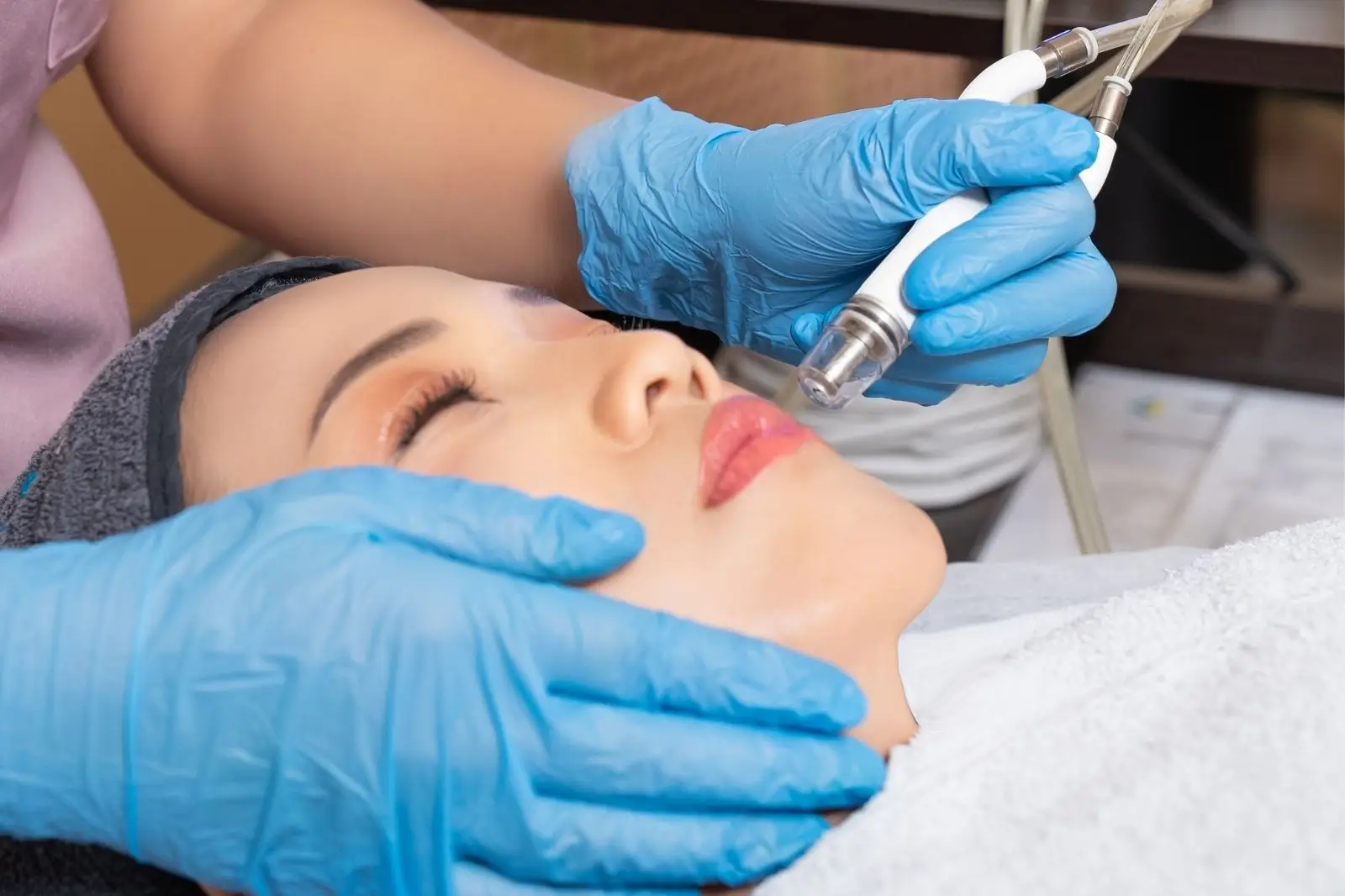 True Korean Beauty Ritual
True Korean Beauty Ritual